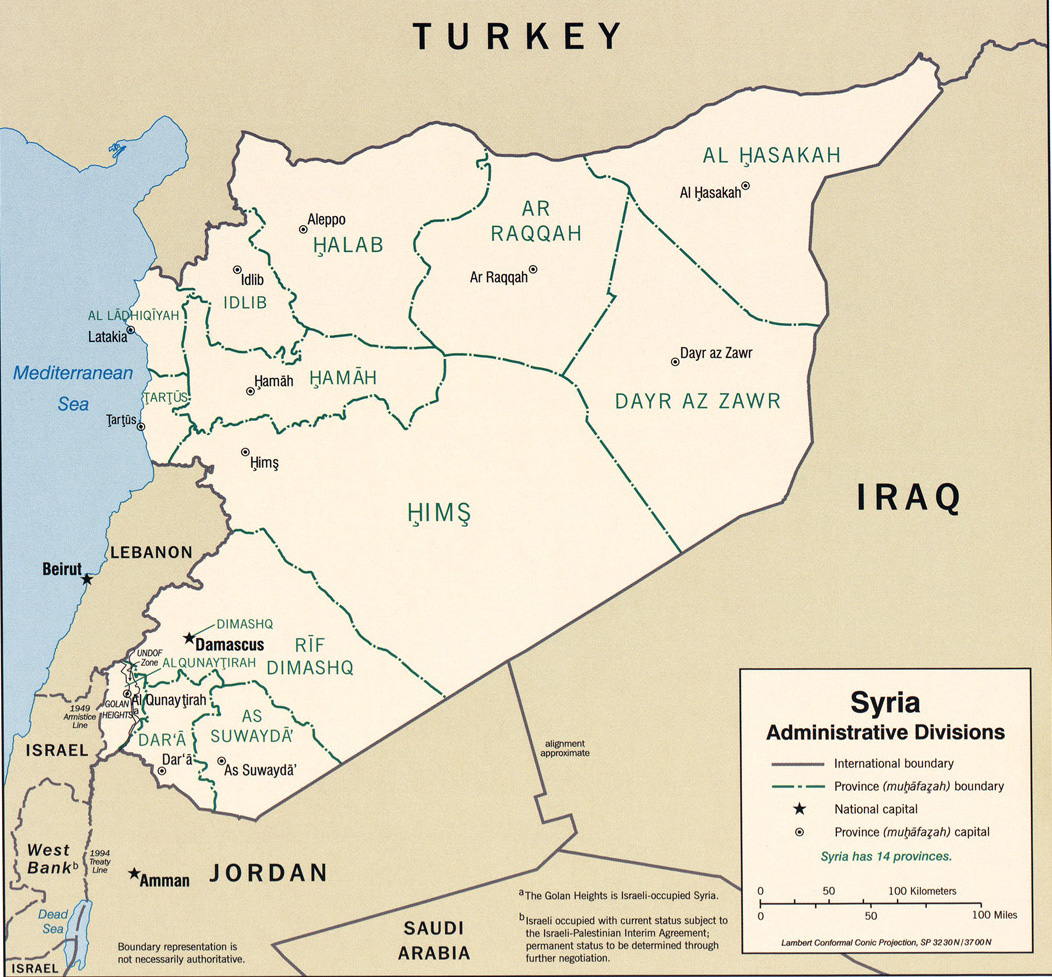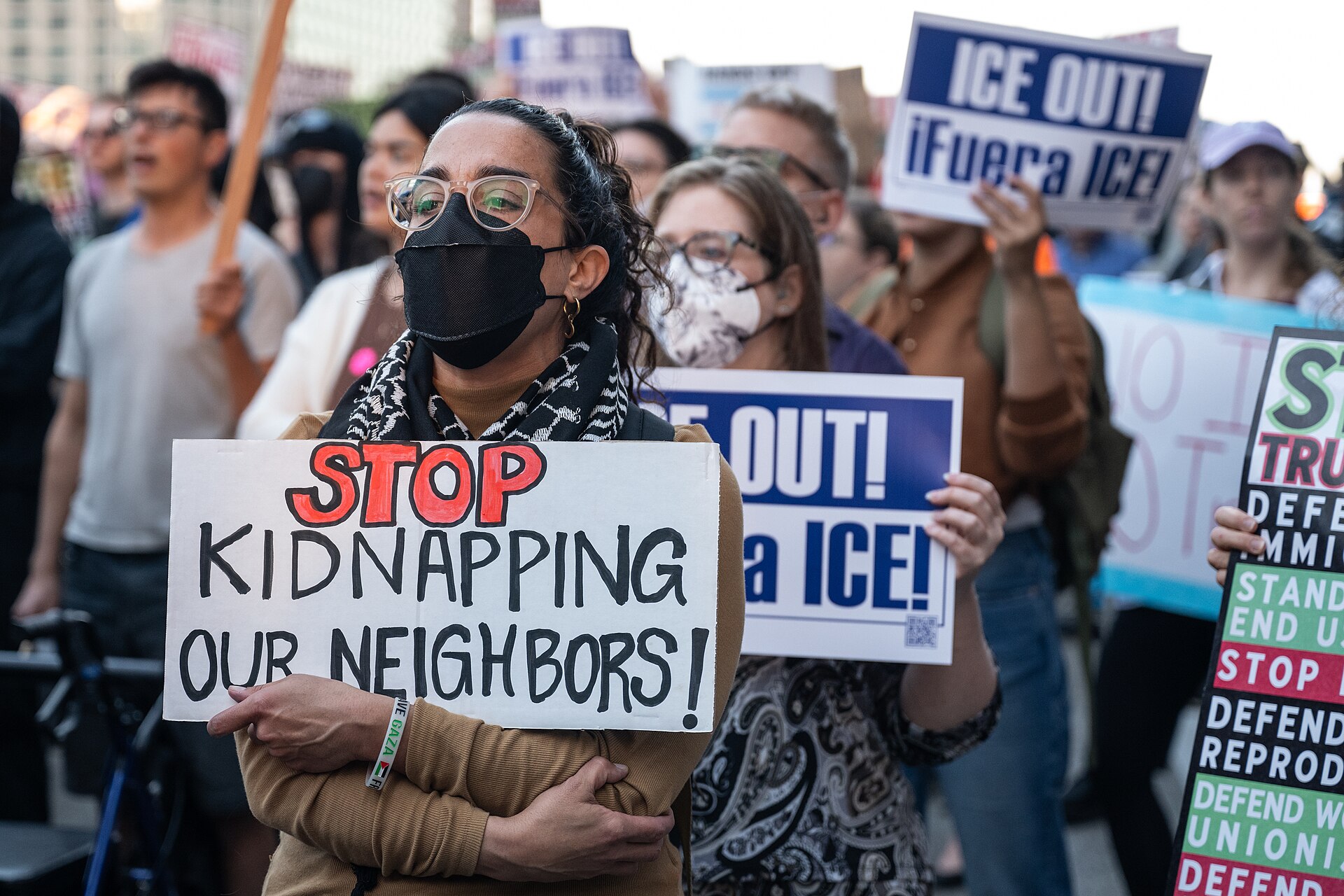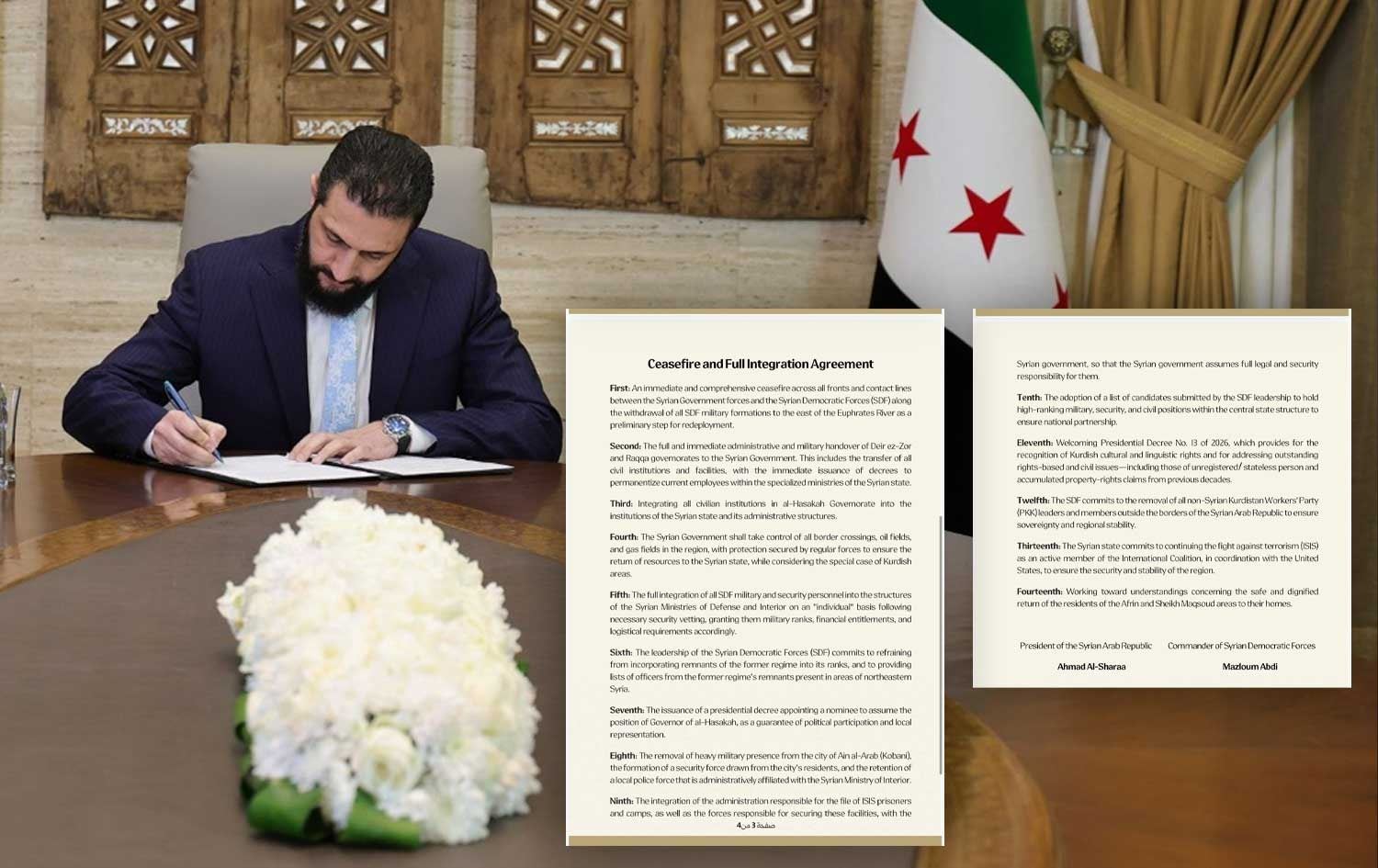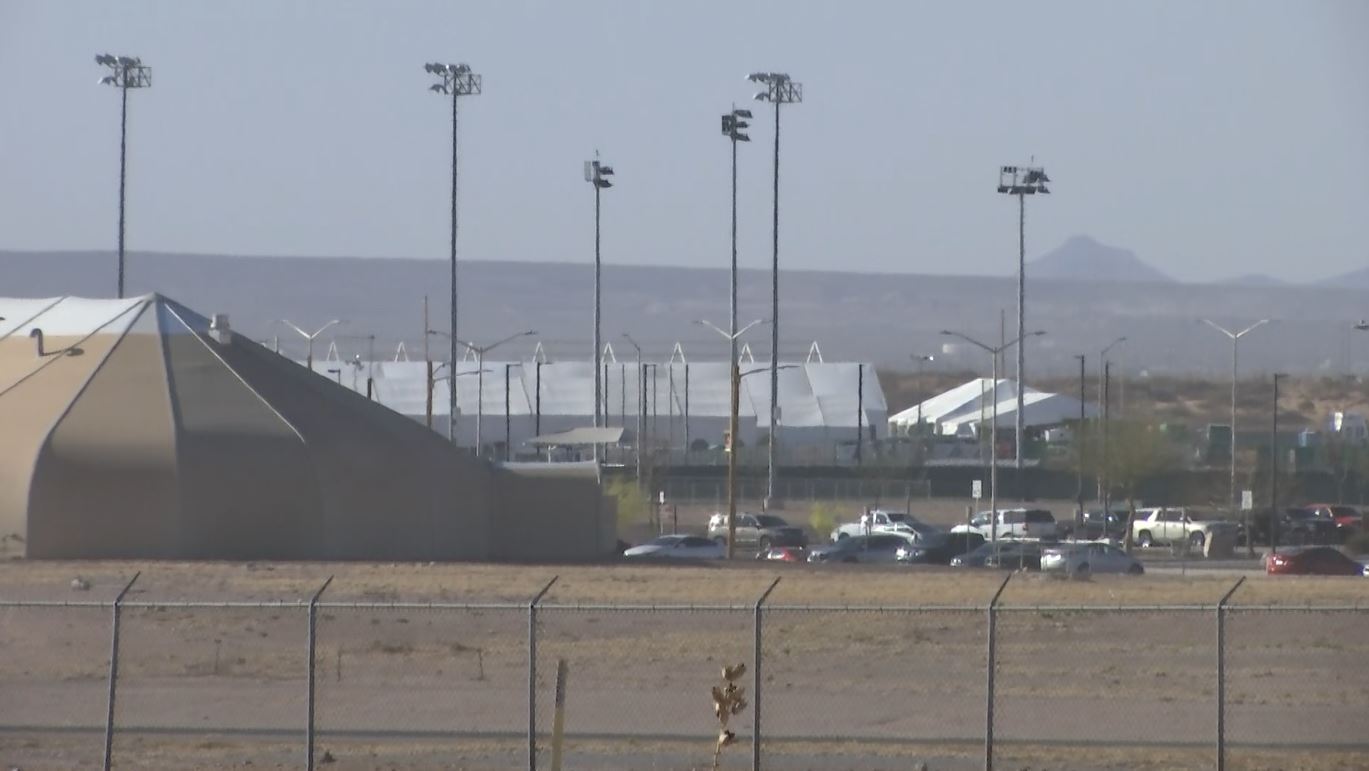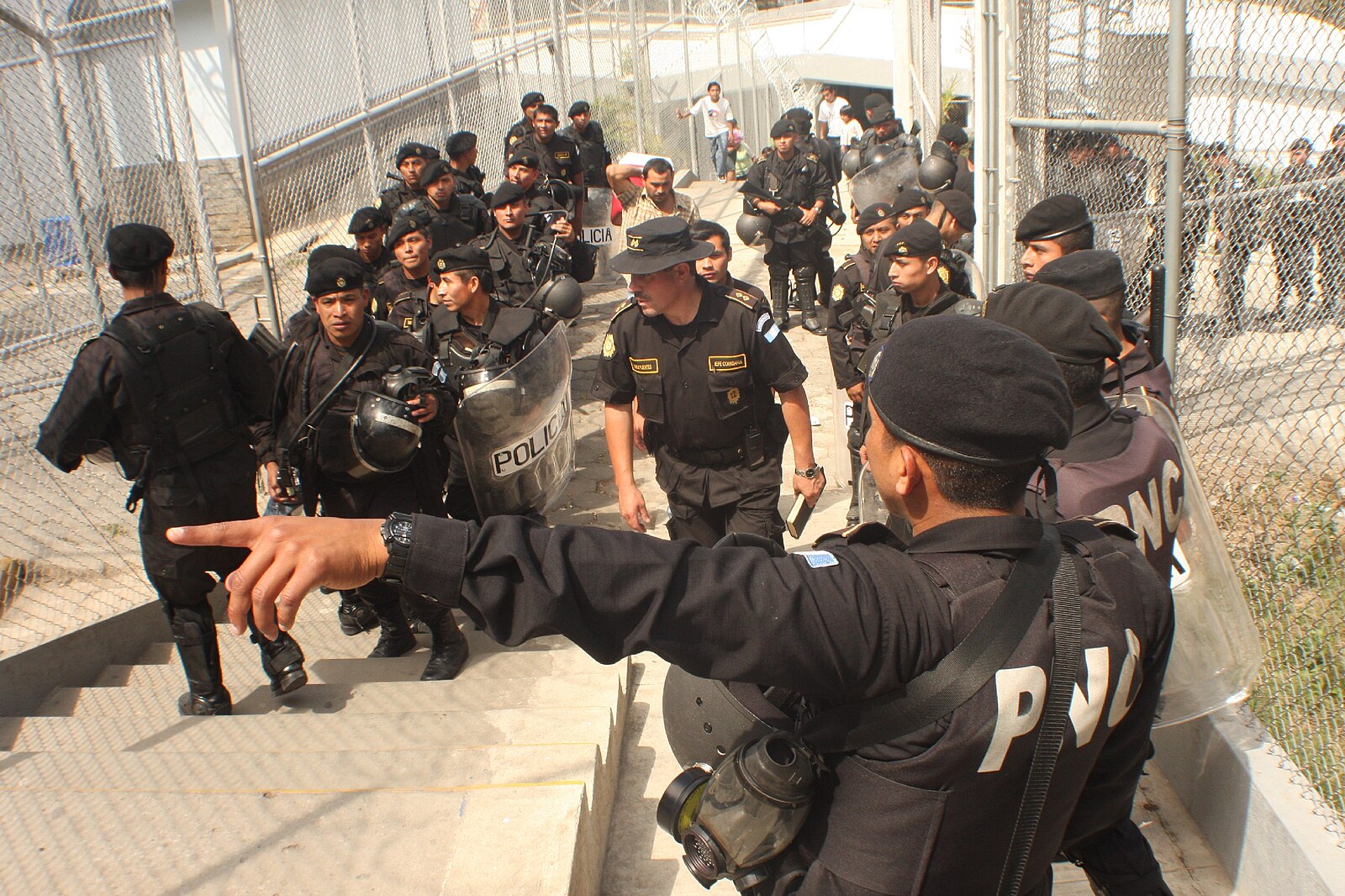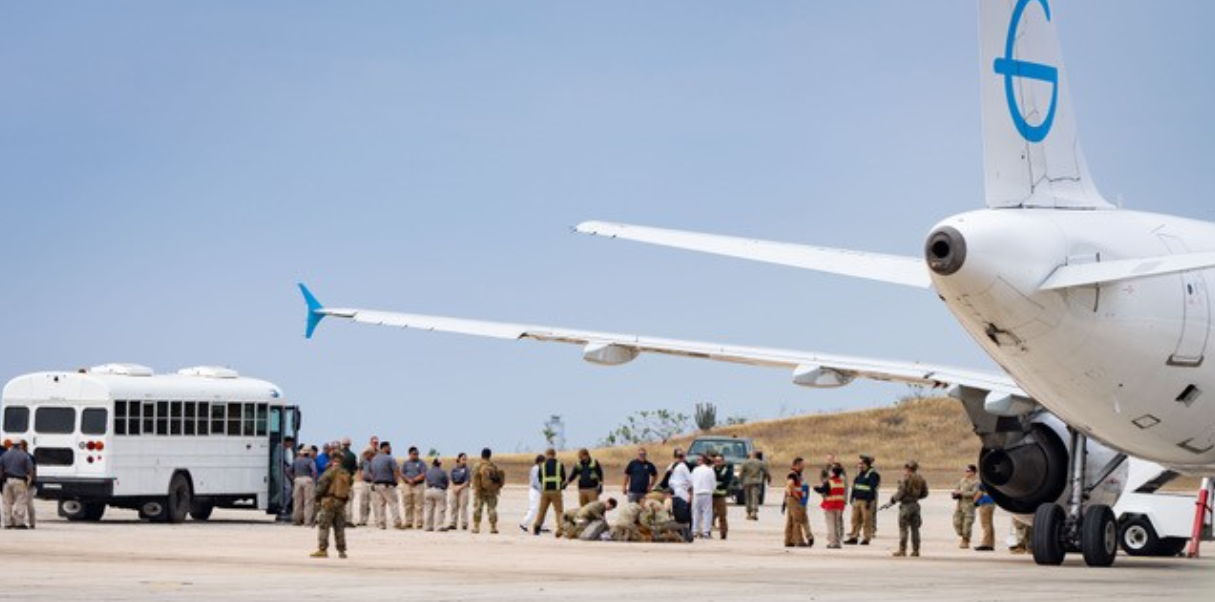Central America
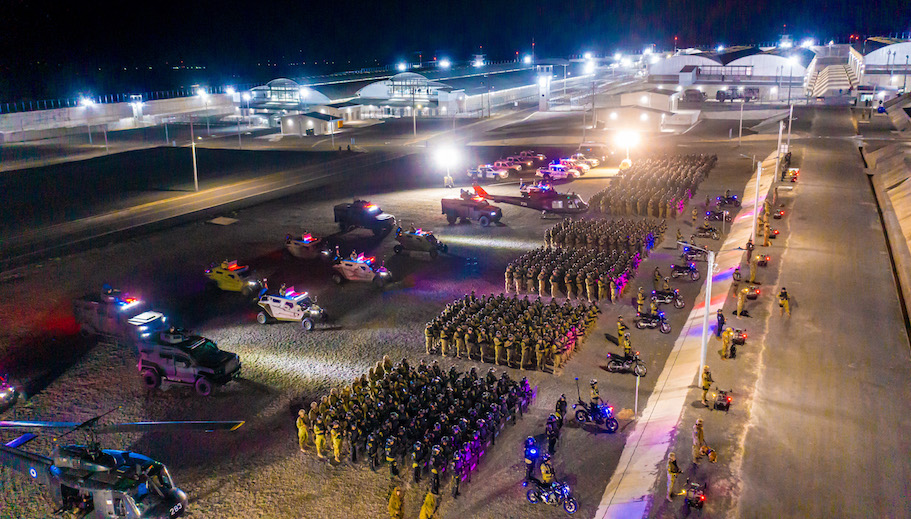
Venezuelan nationals deported to El Salvador by the US government earlier this year were tortured and ill-treated, advocacy groups reported. According to a report jointly released by Human Rights Watch and Cristosal, a Salvadoran advocacy organization, members of a group of 252 Venezuelan deportees sent to El Salvador’s notorious Center for Terrorism Confinement (CECOT) were subjected to torture, arbitrary detention, and in some instances sexual abuse, while held incommunicado in inhumane conditions. The organizations found a pattern of coordinated abuse rather than isolated incidents. One former detainee told investigators: “I’m on alert all the time because every time I heard the sound of keys and handcuffs, it meant they were coming to beat us.” (Photo: Casa Presidencial El Salvador via Wikimedia Commons)
